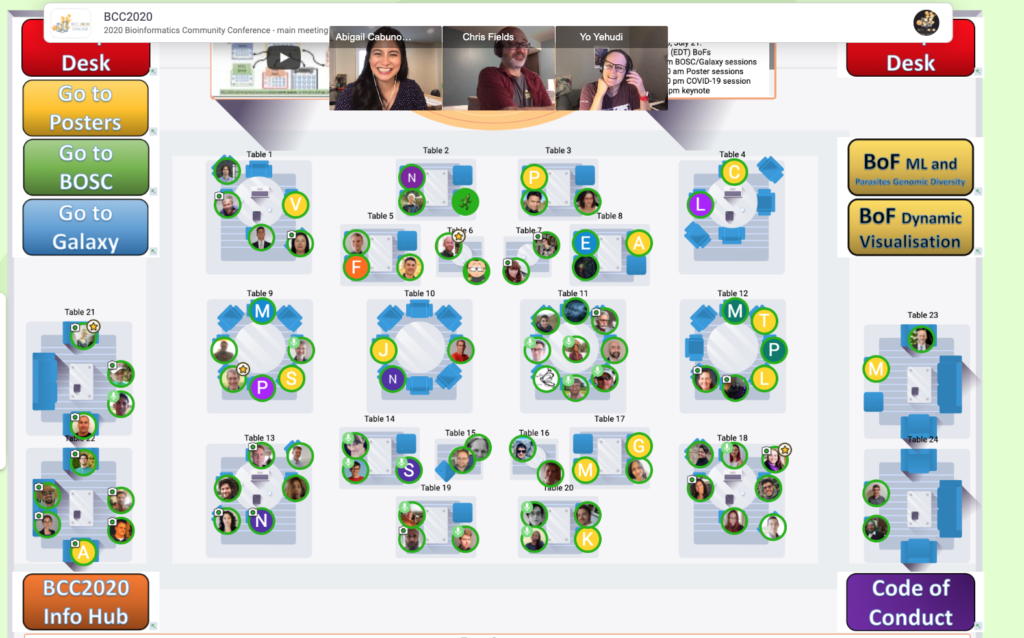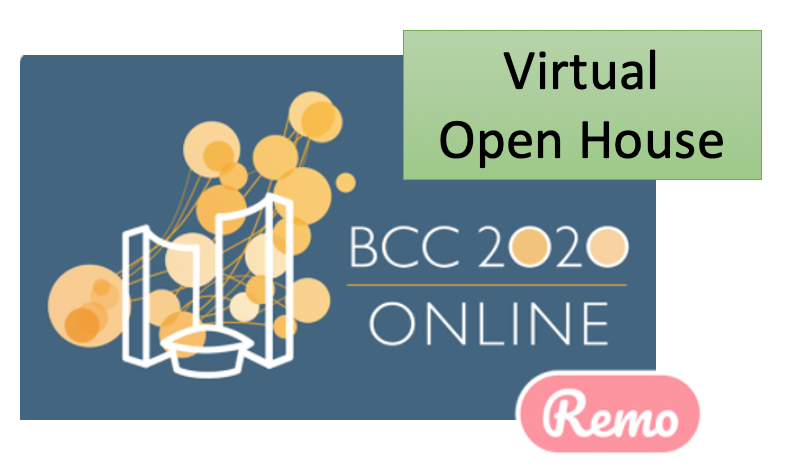OBF was accepted as a mentoring organisation for Google Summer of Code this year. It was another good year for OBF, with Kai Blin, Michael R. Crusoe, Sarthak Sehgal, and Yo Yehudi as administrators. We hosted eight students all of which successfully completed their work:
- Srijan Verma (mentors: Dmitry Petrov, Dymitr Nowicki, Vlada Tyshchenko, Anton Kulaga) - Healthcare-Researcher-Connector (HRC): A Federated Learning package for bridging the gap between Healthcare providers and researchers
- Himanshi Mathur (mentors: Jun Aruga, Evan Nemerson, Michael R. Crusoe) - Implementation of SVML in SIMDe ( final report, other blogs, SIMD Everywhere)
- Boshen Yan (mentors: Amal Thomas, Marius Beek, Saket) - Implementing user-friendly search features in PysraDB ( final report, weekly writeup, work summary)
- Shekhar Shukla (mentors: Oliver Alka, Hannes Röst, Timo Sachsenberg) - OpenMS R Package ( final report, blogs, OpenMS)
- Francesco Porto (mentors: George Githinji, Erik Garrison, Pjotr Prins) - Parallel Graph Traversal for Variation Graphs
- Eliza Martin (mentors: Dymitr Nowicki, Vlada Tyshchenko, Anton Kulaga) - Protein sequence and structural analysis CWL pipeline for comparative biology
- Hidayat Ullah Khan (mentors: Jun Aruga, Evan Nemerson, Michael R. Crusoe) - SIMDe: Add implementations of ISA extensions (SSE4.2 and AVX512) and NEON implementations of SSE4.1,SSE4.2,SSE3,SSSE3 ISA extension ( final report, mentee blogposts, SIMD Everywhere)
- T. Waschischeck (mentors: Chris Bielow, Julianus Pfeuffer) - Using DeNovo Sequencing to Predict Protein Database Suitability ( final report, student blog, OpenMS)
This year, OBF received 5000 USD from Google for being a mentoring organisation. The funds from GSoC go into the general OBF Fund that is primarily used to sponsor OBF Event Fellowships which is a program aimed at increasing diverse participation at events promoting open science practices such as resource development and dissemination in the bioinformatics and biological research community.
[Read More] “Table view” in Remo during BCC2020
“Table view” in Remo during BCC2020